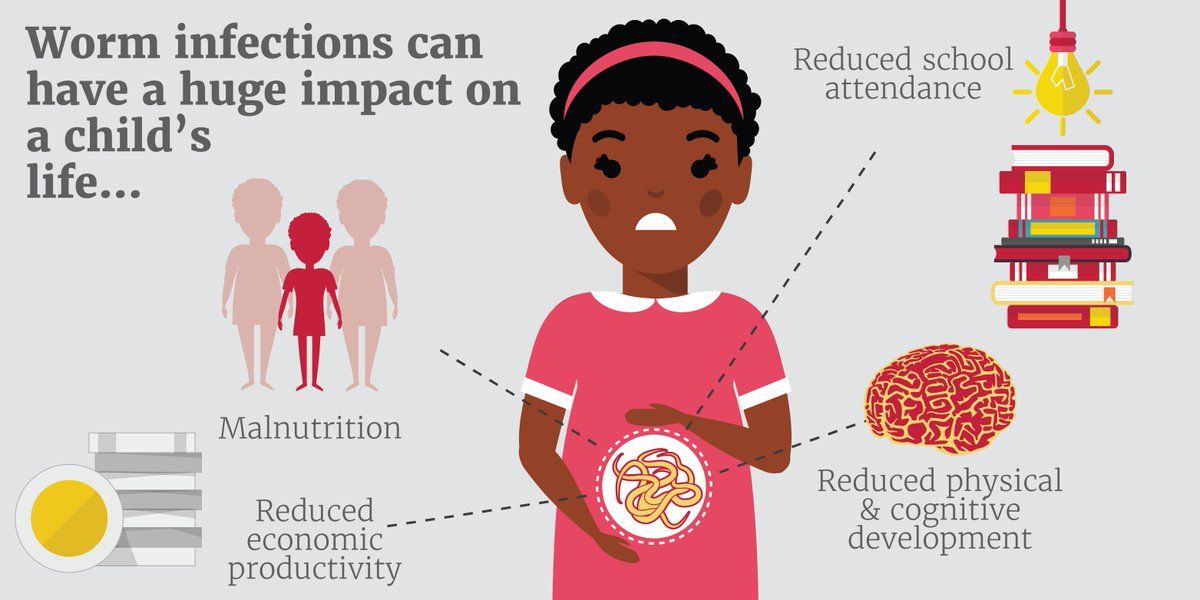An estimated 270 million children across India have today received deworming medicine (albendazole) as part of the government’s drive to eliminate intestinal parasitic infections – a widespread problem that affects children’s development.

Dr Poonam Khetrapal Singh, WHO Regional Director for South-East Asia.
Nearly 900 000 people, including teachers, school principals and health workers, participated in today’s National Deworming Day. During a similar campaign in 2015, 89 million children were treated.
Children who could not be reached due to absenteeism or sickness will be given the albendazole tablet on Monday 15 February 2016. The tablets are provided free of charge by the Government of India and WHO.
“The de-worming initiative, along with measures to address hygiene and sanitation, will go a long way in improving the health of children as well as that of the country”.
Today’s campaign went smoothly, although there were some reports of adverse reactions after a few children took the medicine in schools in the northern state of Bihar. According to WHO guidelines, a reaction to albendazole is normal and depends on the worm load in the child.
“India’s action complements WHO’s ongoing battle against neglected tropical diseases, which though on the verge of elimination, continue to be public health challenges in the South-East Asia Region”.
WHO’s global target is to control morbidity due to soil-transmitted helminthiases in children by 2020.
Intestinal worms
Soil-transmitted helminth infections are among the most common infections worldwide and affect the poorest and most deprived communities. They are transmitted by eggs present in human faeces which in turn contaminate soil in areas where sanitation is poor. The main species that infect people are the roundworm (Ascaris lumbricoides), the whipworm (Trichuris trichiura) and the hookworms (Necator americanus and Ancylostoma duodenale).
WHO recommends periodic treatment with anthelminthic (deworming) medicines, without previous individual diagnosis, to all people at risk living in endemic areas.
Soil-transmitted helminthiases adversely affect nutritional status: A. lumbricoides competes for micronutrients; T. trichiura causes intestinal malabsorption and hookworm infections cause blood loss and anaemia.
Periodical large-scale distribution of anthelminthics is the most cost-effective intervention against these parasites.
